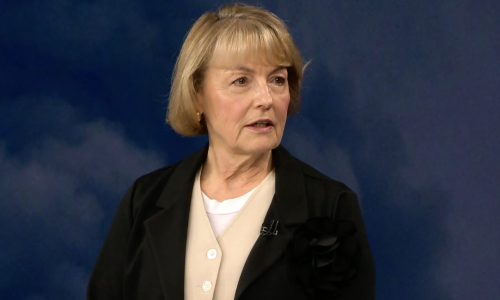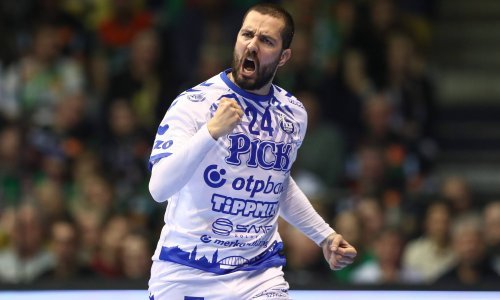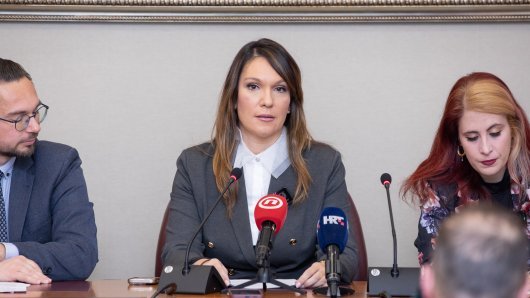The foreign ministers of Croatia and Slovenia did not get from the European Commission in Brussels on Tuesday a list of names of potential arbiters from which the two countries are expected to choose the president and two members of a five-member arbitral tribunal that will solve their border dispute.
Croatian Foreign and European Affairs Minister Vesna Pusic met with Slovenian Foreign Minister Samuel Zbogar and European Enlargement Commissioner Stefan Fuele for an informal meeting that focused on the list of potential arbiters.
"At today's meeting we didn't get or see the list of arbiters from which the judges of the international arbitral tribunal should be chosen nor were any names that could be on the list mentioned. I hope that with this meeting we have come closer to the first step in the implementation of the (border) arbitration agreement," said Pusic.
Under the agreement, the Slovenian-Croatian border should be decided by five arbiters, of whom each country appoints one, while the remaining three will be appointed by agreement from a list prepared by the European Commission. If the two countries cannot agree on said three judges, they will be appointed by the president of the International Court of Justice.
The Commission said in a press release that Fuele had informed the two ministers "about the intention of the European Commission to communicate the list in the second half of January in order to create the best conditions for a successful launch of the Arbitration process."
Pusic said today's four-hour meeting focused on how to agree on those three judges, adding that it was both Croatia's and Slovenia's intention to agree on their appointment.
"Our intention and wish is to agree on those three people in bilateral talks with Slovenia and, of course, if we can't agree, the president of the (ICJ) will do it," she said.
Asked if the Commission had explained why it had still not communicated the list, Pusic said "no special reason was given, other than the fact that the Commission wants to prepare the list in such a way that the two sides can agree on the names so that there is no need for a final intervention by the president of the (ICJ)."
Pusic added she did not think the fact that Slovenia had still not formed a new government was one of the reasons for that. "From what I saw, the Slovenian sides doesn't see that as a difficulty at all."
Pusic went on to say that today's meeting was held in a "working, sometimes cheerful and friendly atmosphere." She said she, Fuele and Zbogar knew each other from before "and when we disagree on something, we say so, but there's no conflict, there was no tension. There are things we don't agree on, of course, which is understandable, but there are no conflicts."
Zbogar said "I'm glad this meeting took place. I think we have an interest in reaching agreement on the three arbiters when we get the Commission's list. That would be in the spirit of the arbitration agreement." He added that the Commission today spoke about its talks with the ICJ and its view of the case.
Fuele did not speak to the press, but his office's press release said the "meeting has been very constructive and a useful opportunity to discuss the modalities for the establishment of the list and the process leading to the appointment of the members of the Tribunal."
According to some interpretations, the Commission was to have communicated the list of arbiters on the day when Croatia signed its EU Accession Treaty, after which Croatia and Slovenia were to have two weeks to agree on the three names.
The Commission said, however, that it was not bound by the two-week deadline and that the deadline began from the moment the two countries were given the list.
"The European Commission is neither party to this agreement nor bound by its timelines, but has been invited to perform certain functions under this agreement by the signatories. Under the terms of the agreement, the President of the Commission and the Member of the Commission responsible for enlargement are to establish a list of candidates from which both parties shall appoint by common agreement the President of the Arbitral Tribunal and two members recognised for their competence in international law. In case the parties cannot agree within fifteen days from the establishment of this list by the Commission, the Agreement foresees that the President and the two members of the Arbitral Tribunal shall be appointed by the President of the International Court of Justice from this list," said the press release.
The Commission added that a "common agreement would be a positive political signal for the further development of the good neighbourly relations between the two countries as well as for the Western Balkans regions showing how difficult issues could be solved."




































